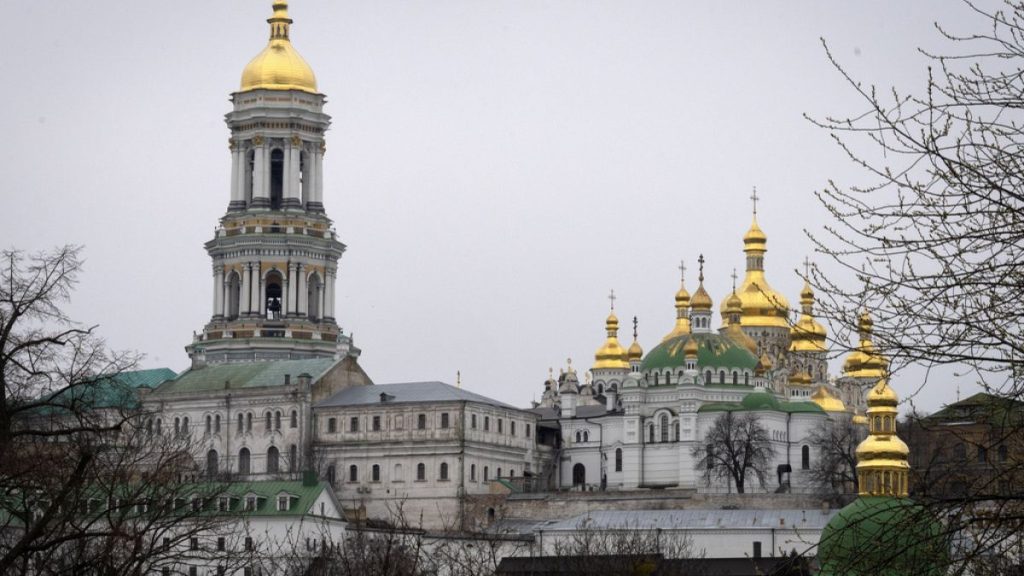The Ukrainian parliament has passed a bill that bans activities of religious groups tied to the Russian Orthodox Church and other religious organizations that support Russia’s invasion into Ukraine. The bill, approved by the Verkhovna Rada, describes the Russian Orthodox Church as an extension of the regime of the aggressor state and complicit in war crimes and crimes against humanity. The bill received 265 affirmative votes and had 29 opposed. This move has sparked controversy and raised concerns about religious freedom in Ukraine.
The Ukrainian Orthodox Church (UOC), historically tied to the Russian church, is now under scrutiny due to the new bill. Bishop Metropolitan Klyment of the UOC emphasizes the church’s independence from Moscow and criticizes the law as controversial. He states that the UOC is self-governing and not subservient to any foreign centers, including those in Russia. A lawyer representing the UOC also condemns the bill as a violation of religious freedom. However, the Ukrainian government claims that the UOC remains connected to the Russian church, based on evidence gathered by the nation’s security agency, including Russian passports and pro-Russian material. The State Service of Ukraine for Ethnopolitics and Freedom of Conscience concluded that the UOC is a structural unit of the Russian Orthodox Church.
The Orthodox Church of Ukraine (OCU), a distinct entity from the UOC, supports the new law as a necessary measure. The Bishop of the OCU highlights the statements made by Moscow-based Patriarch Kirill, who allegedly blessed the killing of Ukrainians and the destruction of Ukrainian statehood. He argues that allowing the UOC to operate in Ukraine while supporting a war against the country is unacceptable. Ukrainian President Volodymyr Zelenskyy is expected to sign the bill into law, affirming the country’s commitment to safeguarding its spiritual independence. Zelenskyy previously expressed the importance of ensuring Ukrainian sovereignty in religious matters.
The decision to ban Moscow-linked religious groups in Ukraine has raised concerns about the implications for religious freedom and the autonomy of various churches. Critics argue that the bill infringes on the rights of religious minorities and limits the practice of faith for those who are affiliated with the Russian Orthodox Church. Supporters of the law, however, view it as a necessary step to counter foreign influence and protect Ukraine’s sovereignty. The ongoing conflict between Ukraine and Russia has heightened tensions, leading to measures aimed at reducing Russian influence in various sectors, including the religious arena.
The passage of the bill targeting Moscow-linked religious groups reflects Ukraine’s efforts to assert its independence and protect its sovereignty amid ongoing tensions with Russia. The Ukrainian Orthodox Church’s ties to Moscow have been a point of contention, with the government accusing the church of being complicit in supporting Russian aggression against Ukraine. The bill has sparked debate within Ukraine and drawn attention to the complex relationship between religion and politics in the region. As the country navigates its path forward, the implications of this legislation for religious freedom and church autonomy will continue to be a topic of discussion both domestically and internationally.


